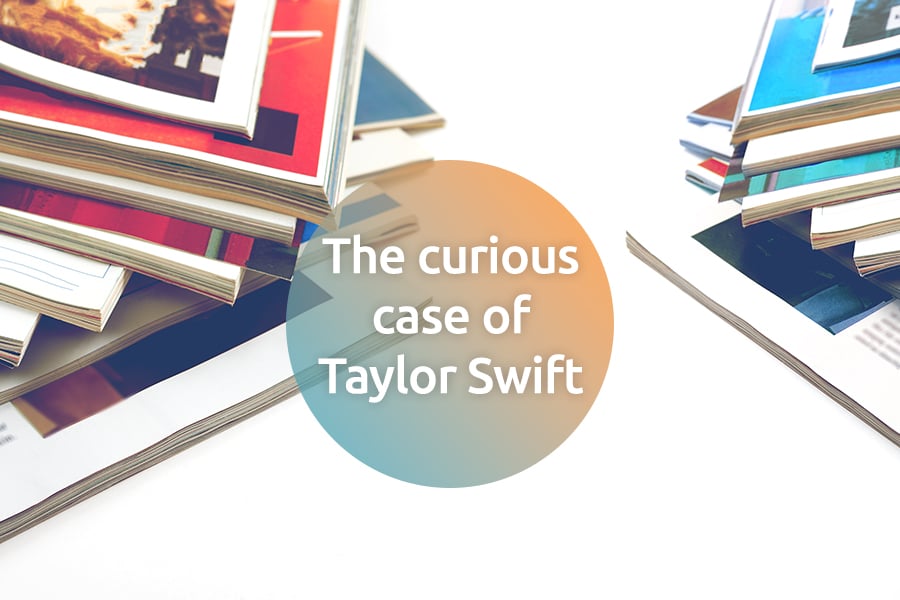A sensation was caused in the intellectual property world when news broke that Nike had filed with the U.S. Patent and Trademark Office a number of applications for its main trademarks in three classes unrelated to its core business – namely classes 9, 35 and 41 – for the following goods and services:
Class 9: Downloadable virtual goods, namely, computer programs featuring footwear, clothing, headwear, eyewear, bags, sports bags, backpacks, sports equipment, art, toys and accessories for use online and in online virtual worlds.
Class 35: Retail store services featuring virtual goods, namely, footwear, clothing, headwear, eyewear sports bags, backpacks, sports equipment, art, toys and accessories for use online; on-line retail store services featuring virtual merchandise, namely, footwear, clothing, headwear, eyewear, bags, sports bags, backpacks, sports equipment, art, toys and accessories.
Class 41: Entertainment services, namely, providing on-line, non-downloadable virtual footwear, clothing, headwear, eyewear, bags, sports bags, backpacks, sports equipment, art, toys and accessories for use in virtual environments
It later became clear that the filing was instrumental to a new initiative by Nike in the virtual reality world: Nikeland on Roblox ( www.roblox.com/nikeland ), a virtual reality gaming platform where players' avatars can purchase Nike-branded apparel, which can be chosen in a VR showroom in the Nikeland environment and worn when taking part in games available on the platform.
This new initiative will undoubtedly generate revenues for Nike in the form of royalties, but even more so in the form of marketing opportunities, increased customer loyalty, brand awareness and similar benefits.
With the evolution of currently available and developing technologies like haptic gloves, 3D visors and body scans, it is easy to imagine in the near future a virtual reality showroom shopping experiences becoming increasingly similar to physical ones, and potentially more convenient, leading to actual purchases, with home delivery of products bought at VR showrooms.
Therefore, that brands present in the Mmetaverse will play an even more decisive role in driving consumers' purchasing decisions.
Nike's decision to protect its main brands in these particular classes of goods and services can be considered as very forward-looking, even though such products and services are far removed from the categories that are usually protected in the real world.
It is reasonable to expect that Nike’s example will be followed by other companies in the near future.





